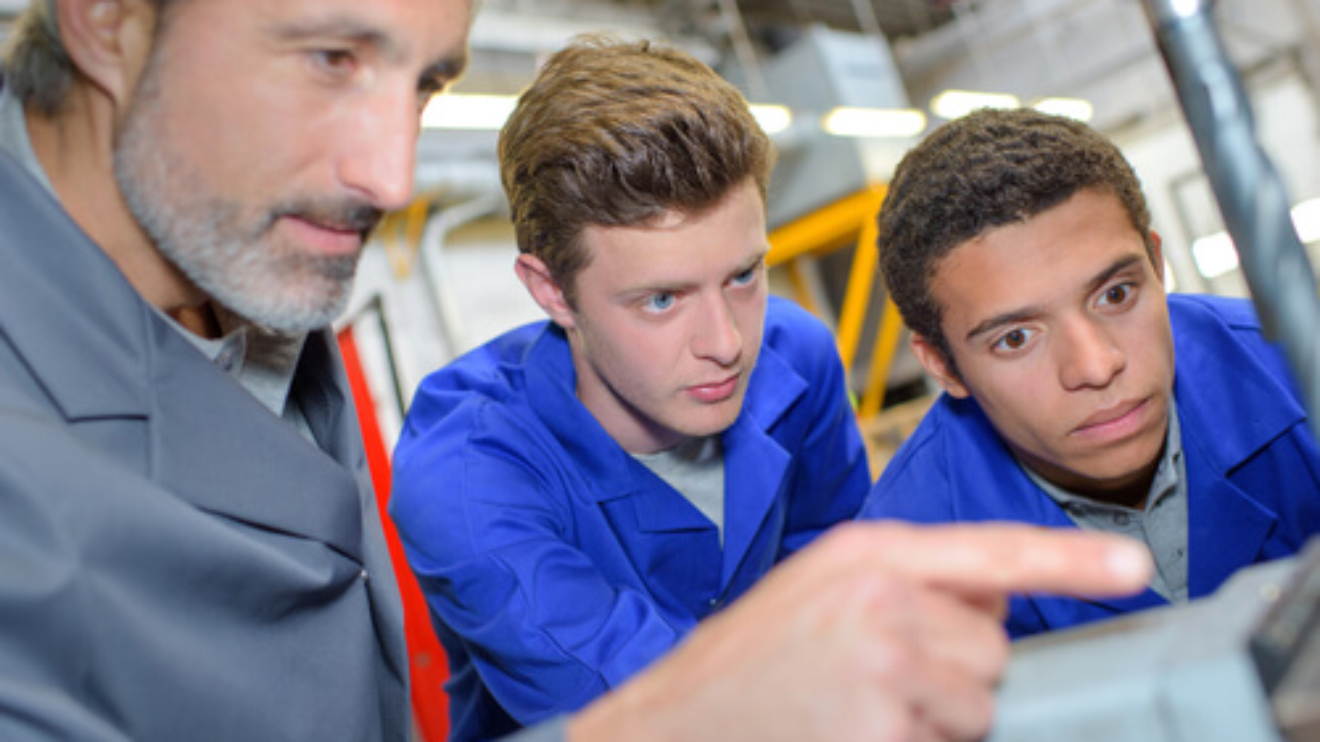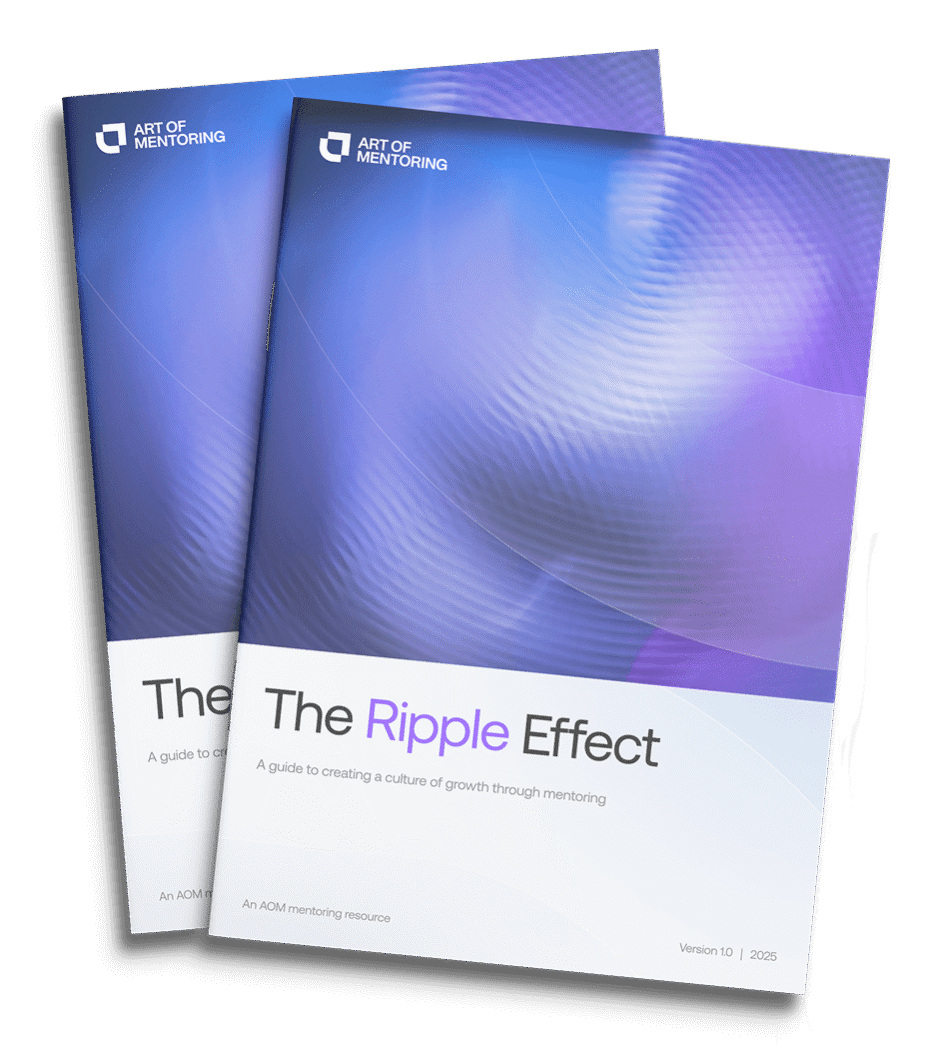Start building a culture of growth today.
Join the hundreds of organisations embedding mentoring and empowering their teams with the Art of Mentoring.
31 October, 2016 | 2 mins read

Art of Mentoring was delighted when the NSW government announced the 2016 commencement of Youth Frontiers, a mentoring program including 1200 year 8 and 9 students from across NSW.
While we have not been involved with the program, we are delighted to see the potential of mentoring acknowledged with such a high profile and far reaching program.
Most importantly, we are thrilled that 1200 young people will benefit from the personal growth that mentoring allows.
Currently in the recruitment and matching stage, Youth Frontiers targets students having difficulty engaging with the education system. Once paired with an adult mentor, students are asked to develop a community project idea.
They then engage in both group and one to one sessions over 6 months, before finally showcasing their projects to sponsors such as the Black Dog Institute, Cricket NSW, Sydney Legacy and others.
Student mentoring has been demonstrated to improve attendance and engagement with school, as well as building confidence and skills, which ultimately results in improved grades.
The NSW program has only just begun, but research and experience suggest the following outcomes could be expected:
As with corporate mentoring, programs for youth can be developed in many forms. The NSW program follows the most common type, volunteer adult-to-student. We would recommend that program developers in the youth arena also consider other formats.
Peer-to-peer programs could be used to foster greater understanding for and integration of minority student groups. A reverse mentoring program, allowing students to mentor adults in the community on language or technical skills, would not only provide a community service but bolster students’ sense of confidence and belonging.
Mentoring is a wonderful gift to young people, with the potential to make a positive and lasting difference to their lives. Ultimately, of course, youth mentoring is a gift to society, encouraging a more cohesive and accomplished community.
Download our introductory guide ‘The Ripple Effect’ to mentoring and learn the secrets to unleashing hidden value in your organisation

Compiled by our mentoring experts, this guide will introduce you to the secrets of unleashing hidden value in your organisation.
Art of Mentoring CRM needs the contact information you provide to us to contact you about our products and services. You may unsubscribe from these communications at any time. For information on how to unsubscribe, as well as our privacy practices and commitment to protecting your privacy, please review our Privacy Policy.
"*" indicates required fields
Join the hundreds of organisations embedding mentoring and empowering their teams with the Art of Mentoring.

By subscribing, you agree to Art of Mentoring contacting you about our products and services. You may unsubscribe from this communicaiton at any time using the ‘unsubscribe’ link at the bottom of our emails. The Privacy Policy, located on our website outlines our commitment to protecting your privacy.
"*" indicates required fields